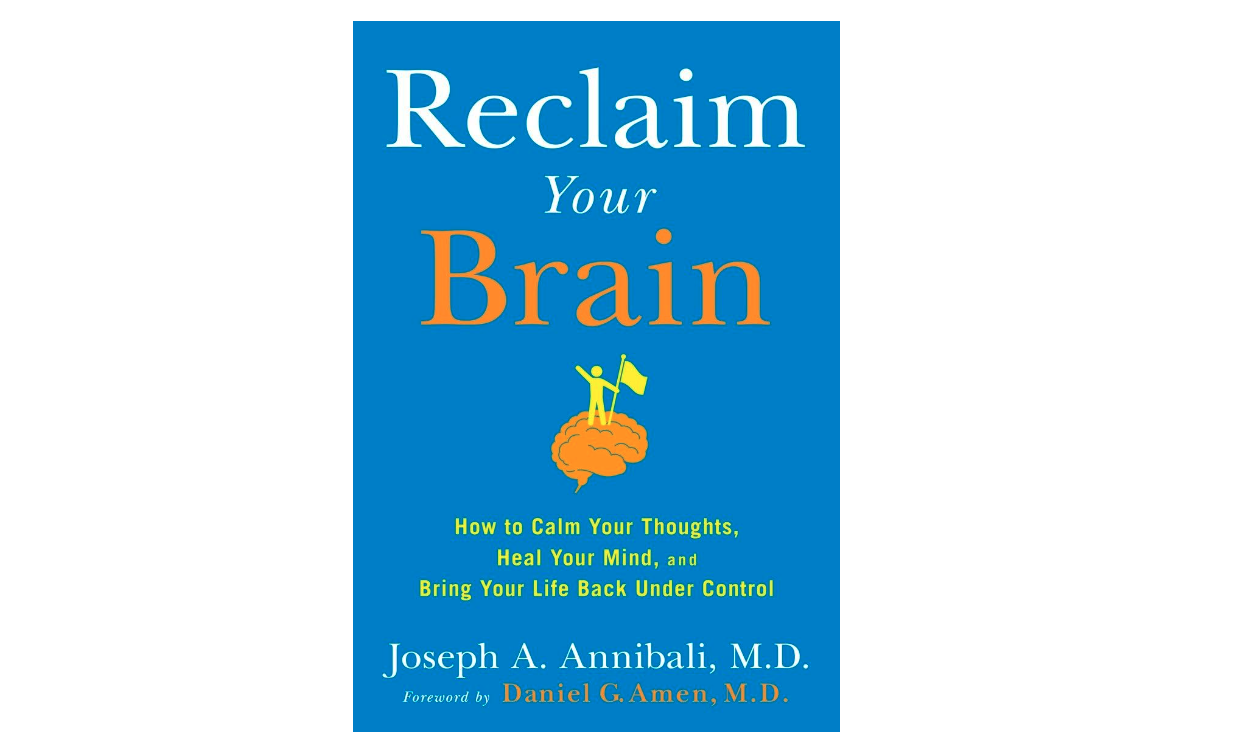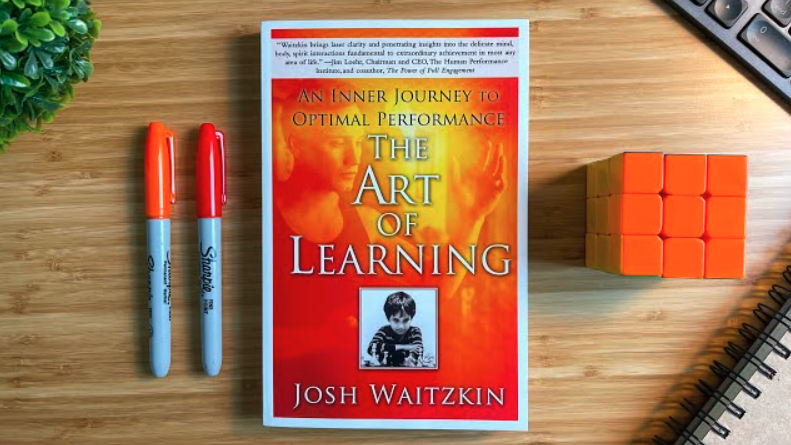Buy this book from Amazon :https://amzn.to/3RQVt3P
In our fast-paced, information-saturated world, many people struggle with overactive “busy” brains, leading to anxiety, depression, and difficulty focusing. “Reclaim Your Brain” offers practical strategies to regain control of your thoughts, heal your mind, and lead a more balanced life by understanding and addressing the root causes of mental health challenges. This comprehensive guide combines neuroscience, psychology, and practical exercises to help readers take charge of their mental well-being.
- The Busy Brain: Understanding the Imbalance
- Conquering Negativity: Reframing Your Thoughts
- Rewriting Your Stories: Changing Your Personal Narrative
- Becoming Mindful: Cultivating Present-Moment Awareness
- Righting Relationships: Improving Interpersonal Connections
- Addressing Specific Issues: Tailored Approaches for Common Problems
- Healing the Hurting Brain: Addressing Physical Factors
1. The Busy Brain: Understanding the Imbalance
The “busy brain” phenomenon results from an imbalance between the prefrontal cortex (PFC) and the limbic system. The PFC acts as the brain’s CEO, responsible for decision-making, planning, and impulse control, while the limbic system governs emotions and instinctive responses. When the PFC is underactive or the limbic system is overactive, it leads to a busy brain.
To address this imbalance, the book recommends a two-pronged approach. First, strengthen your PFC through mindfulness practices, cognitive exercises, and activities that require focused attention, such as puzzles or learning a new skill. Second, calm your limbic system through relaxation techniques, stress management, and lifestyle changes like regular exercise and improved sleep habits.
2. Conquering Negativity: Reframing Your Thoughts
Negativity is often the default setting of our brains, stemming from evolutionary survival mechanisms that prioritize identifying and responding to threats. The key to overcoming negativity is to recognize and reframe negative thoughts.
The book introduces several effective techniques for conquering negativity, such as the “distance and detach” method, practicing gratitude, the “Cold Shower of Shoulds” technique, and fact-checking negative thoughts.
3. Rewriting Your Stories: Changing Your Personal Narrative
Our brains are natural storytellers, constantly creating narratives to make sense of our experiences. However, these stories can become restrictive and harmful if left unchallenged. By consciously rewriting these stories, we can change our perspective and improve our mental health.
The book provides a step-by-step process for rewriting your personal narratives: identify the story, examine the evidence, consider alternative explanations, and create a new, balanced narrative.
4. Becoming Mindful: Cultivating Present-Moment Awareness
Mindfulness is a powerful tool for calming the busy brain and improving overall mental health. It involves focusing on the present moment without judgment, which can help reduce stress, anxiety, and depression.
The book offers several mindfulness techniques to incorporate into daily life, such as the “butterfly hug,” breath awareness, body scan, and mindful eating. Consistency is key – regular, short practices are more beneficial than occasional longer sessions.
5. Righting Relationships: Improving Interpersonal Connections
Healthy relationships are crucial for mental well-being, while toxic relationships can exacerbate mental health issues. Understanding the dynamics of your relationships is key to improving them and, in turn, your overall mental health.
The book introduces the concept of “horizontal” versus “vertical” relationships and provides strategies for creating more horizontal relationships, such as active listening, showing empathy, avoiding judgment, setting healthy boundaries, and cultivating self-awareness.
6. Addressing Specific Issues: Tailored Approaches for Common Problems
The book provides targeted strategies for addressing specific mental health issues, including ADHD, anxiety, depression, and OCD. For each condition, it offers a combination of lifestyle changes, cognitive techniques, and, when necessary, medication options.
It’s important to remember that there’s no one-size-fits-all approach to mental health. Experiment with different strategies to find what works best for you, and don’t hesitate to seek professional help when needed.
7. Healing the Hurting Brain: Addressing Physical Factors
Sometimes, mental health issues stem from physical problems in the brain or body. The book emphasizes the importance of considering factors like brain injuries, infections, hormonal imbalances, and nutritional deficiencies when addressing mental health concerns.
If you’ve struggled with persistent mental health issues despite trying various treatments, consider asking your healthcare provider about potential underlying physical causes.
To start reclaiming your brain today, focus on implementing small, consistent changes. Begin with daily mindfulness practice, challenge negative thoughts as they arise, and prioritize self-care and healthy relationships. Remember that improvement takes time and patience – be kind to yourself as you work towards better mental health.


